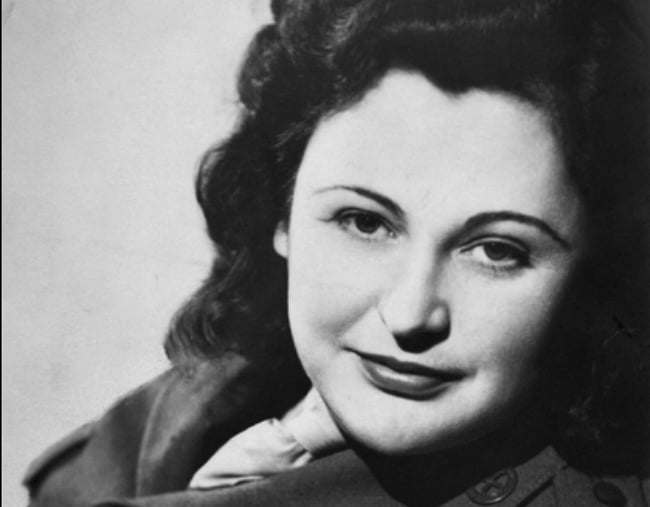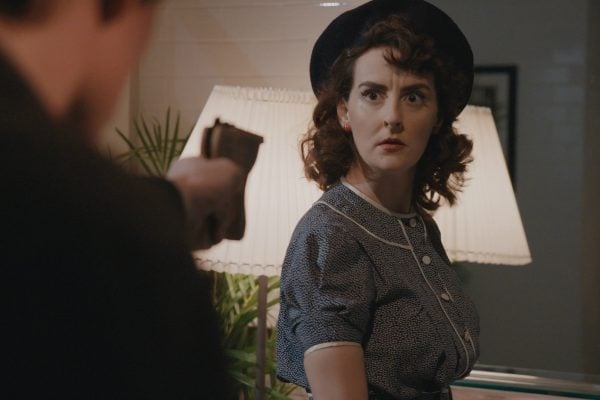
The Nazis called her ‘the white mouse’ for her ability to evade capture. But Nancy Wake was significantly less, well, mousey than her code name might suggest.
This was a woman who helped thousands flee persecution during World War II.
Who landed on the Gestapo’s most-wanted list, with a five-million Franc price on her head.
Who snapped a German munition factory guard’s neck. With. Her. Bare. Hands.
Who today is remembered as one of Winston Churchill’s most highly decorated secret agents and an Australian-bred war hero.
But you’d be forgiven for not knowing Nancy’s achievements, or even recognising her name. For history, and the crusty white dudes who write it down, have a tendency to muffle stories like hers. (I mean, to be fair, it says it right there on the tin – his[s]tory, ‘n’ all.)
Presenters/comedians/ Eliza and Hannah Reilly (Growing Up Gracefully) are eager to change that. Their new web series, Sheilas, produced by Giant Dwarf with support from Screen Australia, celebrates “the badass women of Australian history”.
Nancy Wake. Swimmer Fanny Durack. Bushranger Mary Ann Bugg. Feminist activist Merle Thornton. As they put it, “pioneering, tough-titted ladies who hiked up their petticoats and fly-kicked down the doors of opportunity.”



Top Comments
Good on Hannah and Eliza for getting these women's incredible stories out there again. Brilliant work.
If only there had been some kind of place where these amazing stories of women from our history could have been be written about or have videos or podcasts made about them before now.